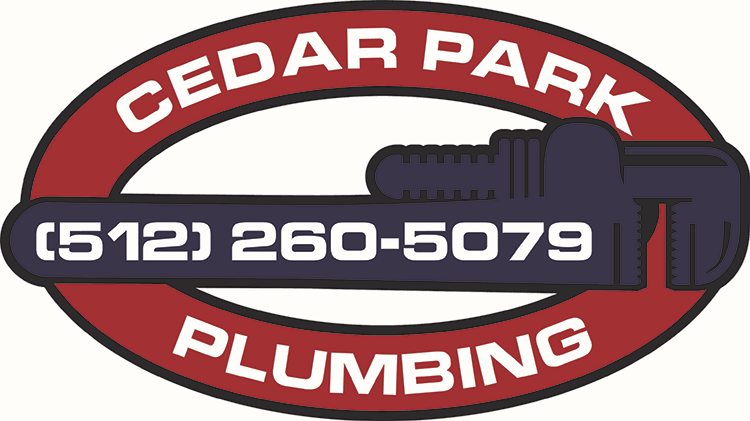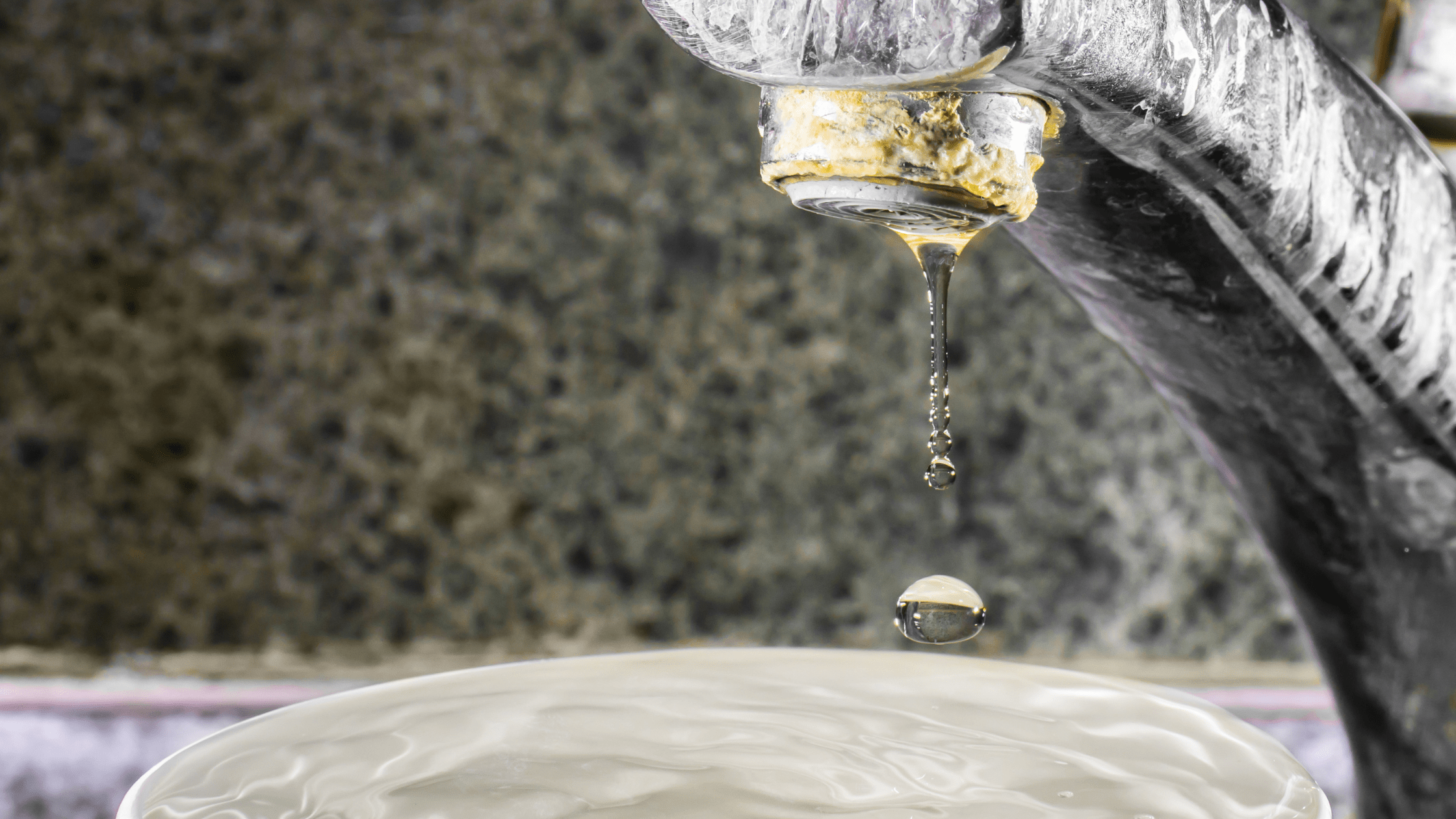Dealing with hard water buildup in your pipes can be a frustrating issue that affects the efficiency of your plumbing system. Over time, mineral deposits from hard water can accumulate in your pipes, leading to reduced water flow and potentially causing damage to your fixtures. If you’re experiencing symptoms of hard water buildup, such as decreased water pressure or cloudy water, it’s important to take action. In this blog post, we’ll explore some effective methods for removing hard water buildup from your pipes and restoring the functionality of your plumbing system.
Effective Methods for Removing Hard Water Buildup
One common method for removing hard water buildup from pipes is using a mixture of vinegar and baking soda. Simply pour a cup of baking soda down the drain, followed by a cup of vinegar. Let the mixture sit for at least 30 minutes before flushing it out with hot water. The reaction between the vinegar and baking soda helps break down mineral deposits and clear out the pipes. This natural solution is safe for both your pipes and the environment, making it a popular choice for homeowners looking to tackle hard water buildup.
Additional Strategies for Battling Hard Water Buildup
Another option for removing hard water buildup is using a commercial descaling solution specifically designed for plumbing systems. These products are formulated to dissolve mineral deposits without damaging your pipes or fixtures. Simply follow the instructions on the product packaging to effectively clean out your pipes and restore proper water flow. While commercial descalers may be more expensive than DIY solutions, they can be highly effective at tackling stubborn hard water buildup in your plumbing system.
Preventative Measures to Avoid Hard Water Buildup
If you prefer a hands-on approach, you can also try using a plumbing snake to physically remove hard water buildup from your pipes. A plumbing snake is a flexible tool that can be inserted into drains to dislodge clogs and debris. By carefully maneuvering the snake through your pipes, you can break up mineral deposits and clear out blockages that are causing reduced water flow. This method requires some skill and patience, but it can be an effective way to address hard water buildup in specific areas of your plumbing system.
Installing a Water Softener System
In some cases, professional help may be necessary to fully address hard water buildup in your pipes. A licensed plumber has the expertise and specialized tools needed to thoroughly clean out your plumbing system and prevent future issues with hard water buildup. Additionally, a professional plumber can inspect your pipes for any signs of damage caused by mineral deposits and recommend appropriate repairs or replacements as needed. Investing in professional plumbing services can save you time and hassle in the long run by ensuring that your plumbing system remains functional and efficient.
Conclusion
Dealing with hard water buildup in your pipes doesn’t have to be a headache when you have the right tools and techniques at hand. Whether you opt for DIY solutions like vinegar and baking soda or seek professional help from a plumber, addressing hard water buildup promptly is key to maintaining the health of your plumbing system. By following these tips and taking proactive steps to prevent future issues with hard water buildup, you can ensure that your pipes remain clear and free-flowing for years to come.

